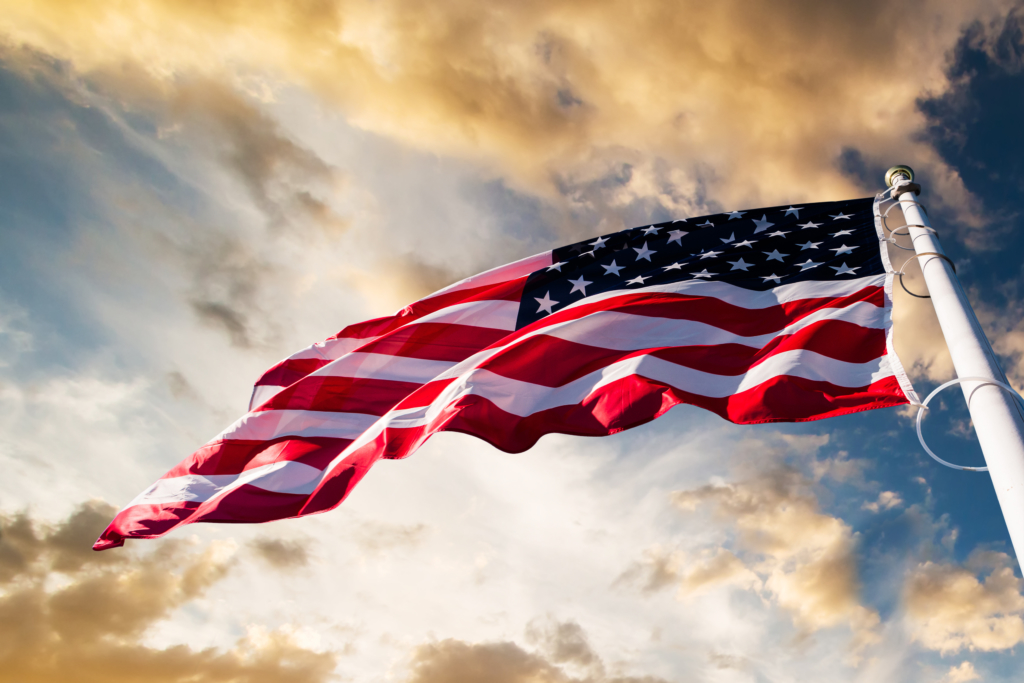By Rober Nichols, Madison Plummer, Andrew Victor
February 2, 2021
In his inaugural address, President Joe Biden stated that he sought “[t]o rebuild the backbone of the nation.” Days later, on January 25, 2021, he issued Executive Order (“EO”) 14005 titled “Ensuring the Future is Made in All of America by All of America’s Workers.” This EO enhances compliance with “Made In America Laws,” such as the Buy American Act (“BAA”), by strengthening federal procurement requirements and closing existing loopholes in the current regulatory scheme.
So what? Since 1933, federal procurement laws have required the government to give preference to American companies when awarding contracts. Over time, however, the strength of “Made in America Laws” has diminished due to ineffective implementation and numerous loopholes. For example, under the previous administration, the share of federal contracts awarded directly to foreign companies increased by 30%.
New Changes: President Biden’s EO seeks “to maximize the use of goods, products, and materials produced in, and services offered in, the United States.” Of particular note, the EO breaks with precedent by adding “services” to the list of products that must be procured according to federal “Made In America Laws,” and changes the definition of an “American-made” good.
To effectuate these goals, the EO orders three things: direct action by federal agencies; amended guidance by the Federal Acquisition Regulatory (FAR) Council; and increased oversight within the Executive Branch.
First, the EO directs federal agencies to maximize their use of domestic products and services. Agencies are also mandated to use the Manufacturing Extension Partnership to scout new small and midsized American suppliers “that are able to produce goods, products, and materials in the United States that meet federal procurement needs.” Within the next 180 days, federal agencies are required to file a report outlining (1) implementation of Made In America Laws, (2) intended use of waivers, and (3) recommendations for how to further the overarching policy of the EO. These reports will continue on a bi-annual basis.
Second, the EO contains several recommendations that directly relate to the FAR Council:
- “Value Added” Test: The EO directs the FAR Council to replace the current “component test” under FAR Part 25 with a standard that addresses the value added to the product through U.S.-based production or U.S. job-supporting economic activity. This change supports the overarching procurement goal of obtaining the best bargain for the public’s money. The exact requirements for the new “value added” test have yet to be defined, but industry should expect promulgation from the FAR Council in the next 180 days.
- Information Technology Exception: Presently, FAR 25.103(e) creates an exception under the BAA regarding “information technology” (“IT”) that is a “commercial item.” The exception allows federal agencies to buy commercial IT products without regard to their country of origin, even when the BAA applies to the procurement. The EO directs the FAR Council to review this exception and to develop guidance that will reduce the frequency with which this waiver is invoked.
- Domestic Content Requirement: The EO increases the domestic content requirement from 50% to 55% for non-commercial off-the-shelf (COTS) manufactured goods and 95% for steel and iron.
Notably, in January 2021, the FAR Council implemented President Trump’s EO 13881, Maximizing Use of American-Made Goods, Products and Materials in a final rule. 86 Fed. Reg. 6,180 (Jan. 19, 2021) (to be codified at 48 CFR pts. 12, 25, and 52). Although President Biden’s EO cannot repeal this final rule, the EO does states that the final rule is “superseded to the extent that [it is] inconsistent with this order.” As such, contractors should follow the final rule but remain vigilant for amended guidance by the FAR Council.
Third, the EO establishes a new office within the Office of Management and Budget (“OMB”). This office will be led by a Made in America Director, who will review all waivers under the Buy American preference. These waiver requests will be published on a public website in partnership with the General Services Administration to enhance transparency and integrity. The new office will also conduct a review and update the list of items deemed “unavailable” from domestic sources in FAR 25.104; the first update in over ten years.
Looking Forward: Contractors and industry should look out for further guidance promulgated by federal agencies and the new Office under OMB in alignment with this new EO. Any proposed changes by the FAR Council will follow notice and comment, so contractors will have an opportunity to be heard on these matters.
Please contact Nichols Liu LLP for more insights and guidance on compliance with Made in America Laws and further developments under the Biden administration as they relate to procurement.
